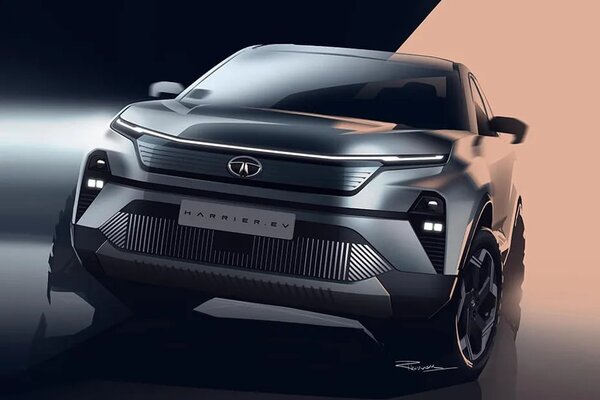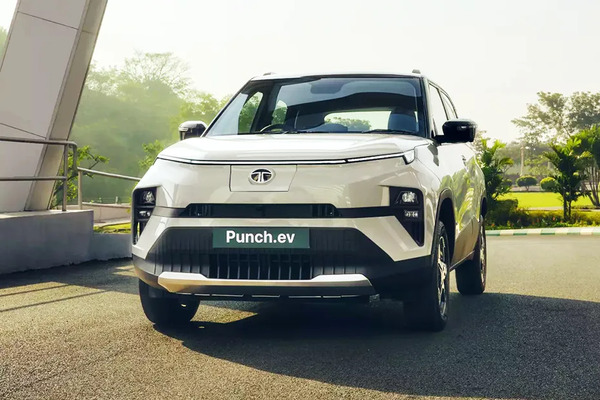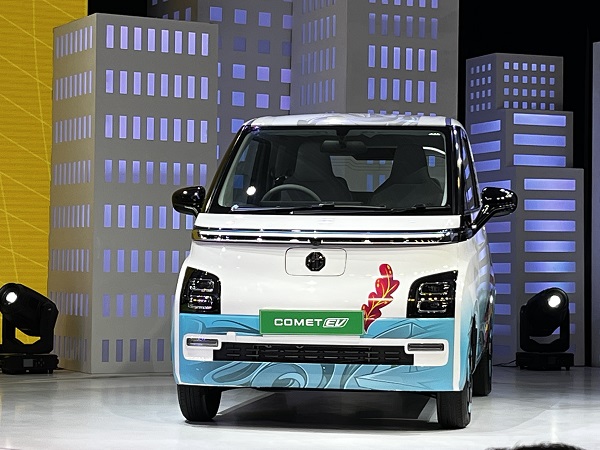Localization key, provides tremendous opportunity in EV market: Shreyas Shibulal


India is at the cusp of an electric vehicle revolution with the central and several state governments looking at firming up plans to usher in battery-powered mobility options. Launch of products in several segments too have promised to bolster the level of awareness and take EVs of all shapes and sizes to the common man. In a price-sensitive market such as India, however, buying cost does remain as much a concern as supporting infrastructure and that is where localization, says Shreyas Shibulal, has a tremendous role to play.
Shibulal is Founder of and Director at Micelio - an electric vehicle-focussed fund, and has been closely monitoring the course that EVs chart here in India. Speaking to HT Auto recently, he explained that while price would remain a key factor determining the fate of EVs in the country, this also means that localization holds a whole lot of significance. "I tell most people that the challenges are the opportunities. The volatility of the China supply chain presents itself as a tremendous opportunity," he said. "There is so much buzz around EVs in our country, people have invested so much into the business that everyone is being forced to localize as much as possible. This is going to push us as much as we can to localize."
Also check these Vehicles
Asked about how incentives from governments could potentially boost the EV market in the country, Shibulal said that it could be one part of the larger picture. "You can provide incentives for consumers that are purchasing the (electric) vehicle as a subsidy but it will improve adoption in the short run. It is a stop-gap. Ultimately, for long-term adoption, you have to provide incentives for local innovation," he explained, further dipping into a government proposal to offer $4.6 billion in incentives to companies setting up advanced battery manufacturing facilities here. "NITI Aayog is trying to bring that innovation, trying to bring that manufacturing capability to the country because unless you secure the supply chain, there may be a demand for EVs, you may not always be able to cater to it, cater to it at the right price."
The proposal drafted by NITI Aayog, a federal think tank chaired by Prime Minister Narendra Modi, had said India could slash its oil import bills by as much as $40 billion by 2030 if electric vehicles were widely adopted. (Read full report here)
And for adoption, the affordability perspective remains as vital as ever. "At the end of the day, price is one of the most important factors. If they can play around with that - and de-linking battery and the chasis is an excellent way to go about - OEMs will have a lot of flexibility. EVs in a lot of ways have always been compelling in terms of economic efficiency."








 64kWh
64kWh 350 km
350 km



















